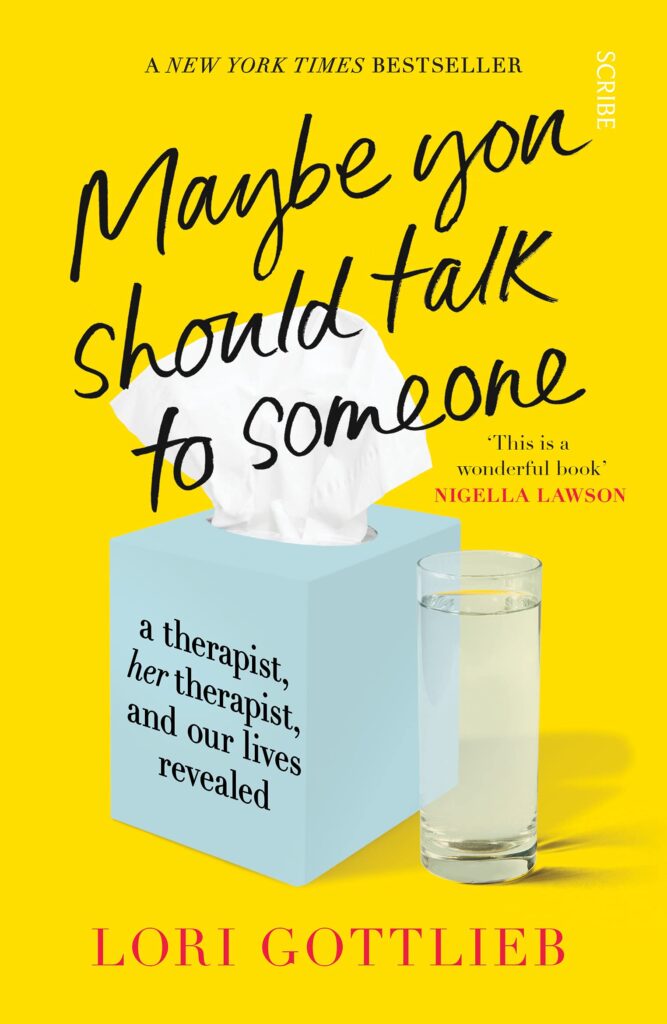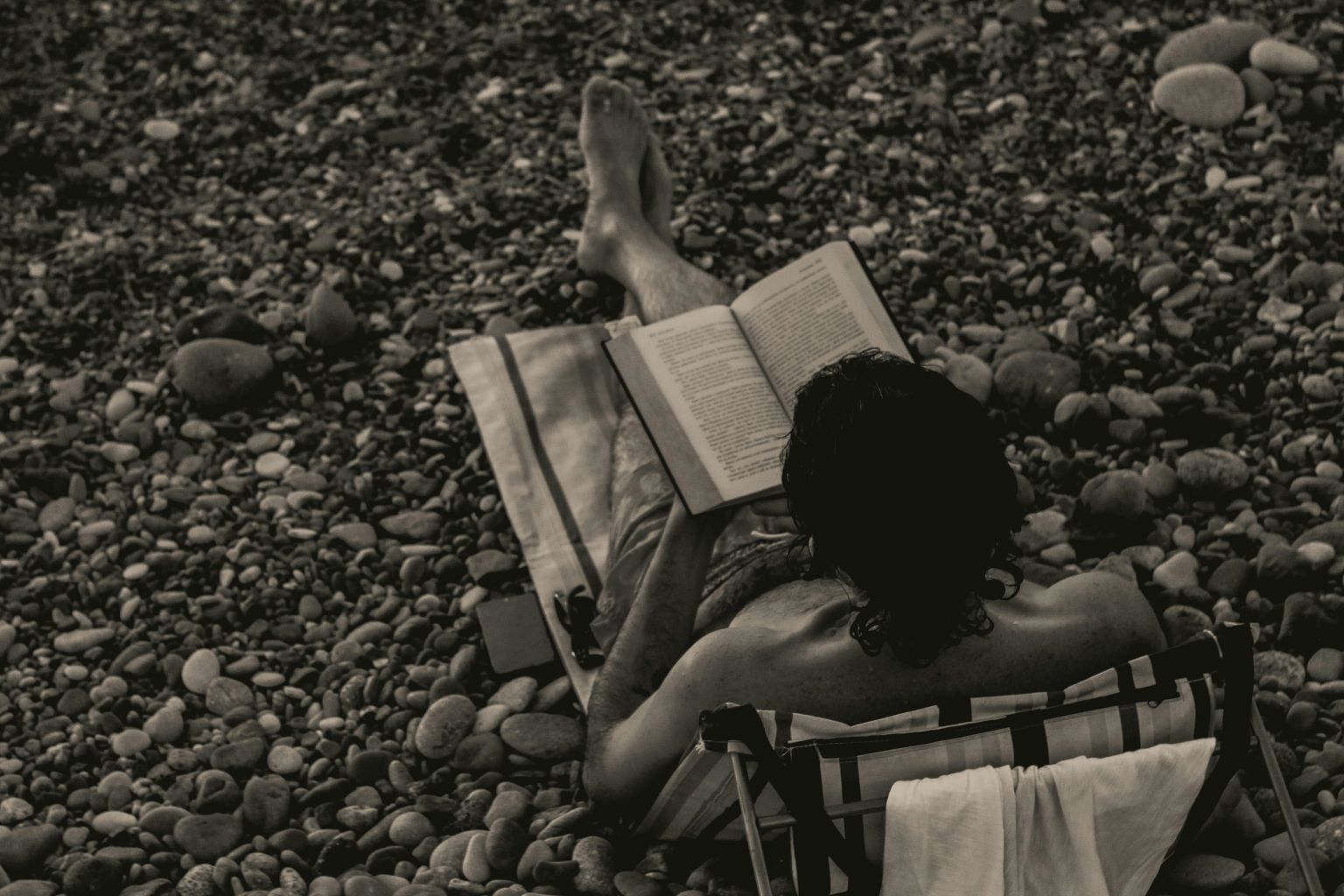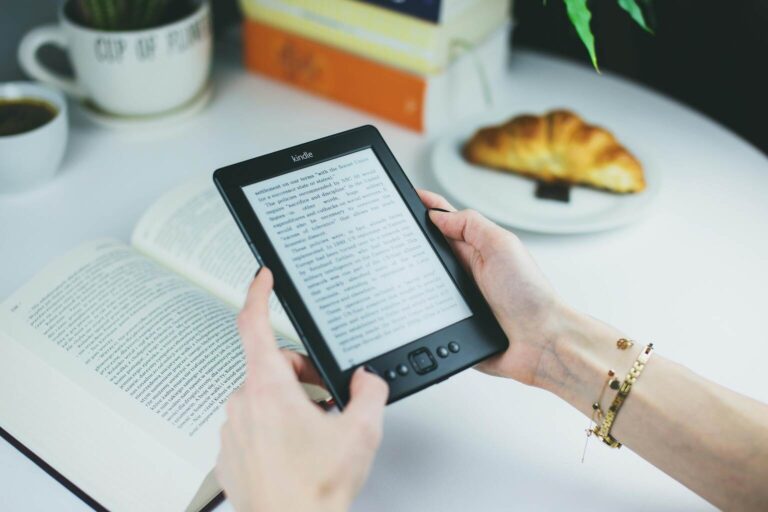There are seasons when even waking up feels like pulling yourself through fog. You move through the days trying to smile, but inside, you feel uneasy. In those hours of aching quietly, you might find yourself reaching for books to read when you feel lost and directionless. Not because they hold all the answers, but because sometimes, a sentence can be a small step forward.
I have felt this too. The slow ache of not knowing your next step. The weight that settles when you are hopeless, or when you feel stuck, unsure if the life you’re building is even yours. I have turned to self-help books, not to escape, but to feel a little less alone in my own questions.
There were days I searched for books to read when you feel lost and depressed, unsure of how to name what I was going through. Especially in my twenties, when I couldn’t see my career path clearly, and books to read when you feel lost in your career felt like the only guidance I had. Sometimes, even my own feelings felt unfamiliar.
If you’ve lost your way, let this not be a list, but a quiet offering. A set of pages that met me in the middle of the mess. I hope something here helps you find yourself again, or at the very least, sit beside the questions you are holding, gently, and on your own terms.
Eight Books, Eight Turning Points
Each of these books met me in a different room of myself. Some arrived during moments of grief, others in quiet stretches of feeling lost and alone, and a few when I couldn’t tell my thoughts apart from my emotions. They didn’t arrive with answers but slowly, they gave shape to the shapeless. What follows is a personal map of eight books, and eight turning points that softened my journey.
The first book is waiting, let’s open it!
1. Maybe You Should Talk to Someone by Lori Gottlieb
Genre: Memoir / Self-help

I wasn’t seeking help when this book found me. But Maybe You Should Talk to Someone arrived with quiet timing, just when I needed to feel seen, even though I didn’t know how to ask for it.
This book is written by a therapist and also a former screenwriter Lori Gottlieb, and it follows her journey as not just a therapist but also a patient herself, which I found quite humbling. It unravels what it means to sit inside pain, to name it, and to begin again. Her and her patients’ stories feel like mirrors, gently angled to show you something about yourself, especially when everything feels sad, and you’re no longer sure what part of your life needs tending to first.
I picked this up during a time of burnout, when my career path felt uncertain, and the chaos of daily life blurred into silence. The book didn’t rush me toward action, but gave space for self-awareness. As well as for noticing how your path in life can shift gently, without needing to prove anything to anyone. Some chapters were painful to sit with, because they made me confront patterns I had long ignored. But through the discomfort, there was also encouragement, a quiet push when I needed it, a soft pulling back toward myself.
I’ve returned to it often in moments when I couldn’t name my thoughts or trust my own feelings. It offered gentle reminders that stayed like a light left on in the room I was afraid to enter.
One line still holds me:
“We tend to think that the future happens later, but we’re creating it in our minds every day.” – Maybe You Should Talk to Someone, Lori Gottlieb
This book reminded me that healing doesn’t always have to look like progress. Sometimes, it begins in the standing still, and sometimes, in a sentence.
2. Cleopatra and Frankenstein by Coco Mellors
Genre: Fiction
Some books sit so close to your life, you forget you’re reading. Cleopatra and Frankenstein was one of those for me. It’s beautiful and messy, filled with people who feel real, like someone you’ve met once or known forever.
The story follows Cleo, a young British artist trying to find her place in New York, and Frank, an older man she marries quickly. It’s not really a love story. It’s about two people trying to build something together while still figuring out who they are. And sometimes failing.
I picked this YA book when I was lost and alone, unsure if I was moving forward or just floating. If you’re in your twenties and feel like you’re not where you thought you’d be, this book will understand.
One line in particular stayed with me:
“It felt as though she were struggling to breathe underwater in a pool where everyone else was managing just fine.” – Cleopatra and Frankenstein, Coco Mellors
For a long time, I read what others told me to. But I’ve learned to choose based on feeling. If everything feels sad or uncertain and you’re unsure where to begin, I hope you let your emotions help you pick your next read.
3. Atomic Habits by James Clear
Genre: Self-help
I picked up Atomic Habits during a phase where everything felt stuck. I wasn’t crumbling, just tired of my own patterns. I wanted change, at work, in how I spent my time, in the things I reached for first every morning, but it all felt too big to begin. This book gave me a way in. At the time, I had been reading a lot of self-help books, hoping something would click and carry me forward. And this one did, slowly and practically, especially on the days when you are hopeless or feel like progress belongs to someone else.
James Clear builds from the simple truth that habits shape identity. Through studies and lived experience, he writes about how small decisions, done consistently, can shift your entire direction. For anyone searching for books to read when you feel lost and depressed, this is a reminder that action doesn’t have to be loud to matter. Each chapter ends with a set of practical takeaways, and I found myself highlighting them to stay grounded.
We all have busy schedules, so I’ve learned not to pressure myself with huge reading goals. Some days, all I manage is a few pages. What matters is showing up. Books wait for you. They don’t demand anything more than your attention.
A quote I underlined early on:
“Every action you take is a vote for the type of person you wish to become.” – Atomic Habits, James Clear
4. Writers & Lovers by Lily King
Genre: Fiction
I have a journal where I keep track of the books that moved something in me. Writers & Lovers sits right at the top, no star rating could ever hold what it gave me.
The novel follows Casey, a writer grieving her mother, waitressing to survive, and falling into complicated love. It’s about ambition and art, but also about how we carry unfinished things into relationships and try to make something new from them. I saw so much of myself in her, her hesitation, her loneliness, her need to keep choosing herself even when it hurt.
I read this during a time when I was questioning everything. My work, my desires, and the ways I was showing up in love, it made me feel understood.
Something Casey says still lingers:
“I’ve moved to the edge of the world for two people now.” – Writers & Lovers, Lily King
5. Oh, The Places You’ll Go! by Dr. Seuss
Genre: Illustrated / Comfort
This book was a gift, and like most good gifts, it didn’t seem life-changing at first. But when I opened its pages and sat with it, I felt a shift. I didn’t expect it to move me, especially since it is a small book but safe to say that a few tears were shed. Not because I was sad, but because it made me feel understood in a quiet way.
People usually receive this book during big moments like graduations or goodbyes. But when I read it, it felt like I was being directly spoken to, like it was written for someone exactly like me. Through lively illustrations and wise rhymes, Dr. Seuss writes about setbacks, joy, confusion, and the strange beauty of continuing anyway.
I read it during a time when I wasn’t sure which direction to walk toward. When every option felt uncertain, and even hope was a horizon, moving farther. With this book, I was lovingly reminded that forward is still a direction.
A quote I would like to share with you:
“You have brains in your head. You have feet in your shoes. You can steer yourself in any direction you choose.” – Oh, The Places You’ll Go! by Dr. Seuss
6. My Mother’s Way of Wearing a Sari by Sujata Bhatt
Genre: Poetry
This is not a book I talk about often, mostly because it feels so close to home. My Mother’s Way of Wearing a Sari is a collection of poems by Sujata Bhatt that move between languages, memories, and silences, between what is inherited and what is reimagined.
Her poems are filled with sensory details that carry the weight of entire lifetimes. The sari becomes more than fabric. It becomes lineage, loss, memory, and the quiet gesture of a woman folding herself into something larger than she knows. For me, reading this collection was less about analysis and more about presence. I didn’t always understand every line, but I felt them. In my chest. In my throat.
If you are trying to understand your emotions, your voice, or your place within your mother’s shadow, this book may hold space for you. It doesn’t try to teach you how to feel. It simply lets you notice your own feelings, sitting softly between the lines.
A line I return to:
“My mother never wore a sari the same way twice.” – My Mother’s Way of Wearing a Sari, Sujata Bhatt
Sometimes, to sit with a book like this, I’ve found it helps to be present with myself first. I’ve found that setting the mood makes a difference: headphones with lo-fi music (even better if they are noise cancelling!), a warm drink, soft yellow lights. I turn off notifications and keep a pen nearby to underline anything that hits me. These tiny rituals create a reading space that feels completely mine.
7. When Breath Becomes Air by Paul Kalanithi
Genre: Memoir / Reflective Nonfiction
There are books you read once and then move on to the next book. But there are some books like When Breath Becomes Air, that you return to, no matter where you are in your life. I’ve taken my time with it, and I know I’ll come back again, especially on days when I need to see things more clearly.
Paul Kalanithi wrote this after finding out he didn’t have much time left. He had been a neurosurgeon and he now became a patient. And through that shift, he started asking the same questions many of us do but are too scared to say out loud: what actually matters, and how do we make peace with not knowing how long we have?
Reading this was a much-needed pause. It made me think about how I spend my time, how I want to spend it, and with whom, and whether the way I’m living feels honest to my ideals. I can confidently say that this is for anyone feeling directionless in life or unsure how to create the life they see for themselves; this book will be a guiding companion. If you’ve ever felt like you’ve lost your way or searched for unputdownable books to read when you feel lost in your career, this is one of those rare ones that help you find yourself again, one page at a time.
A quote that has stayed with me:
“We all inhabit different selves in space and time.” – When Breath Becomes Air, Paul Kalanithi
This book is not just about dying. It is about becoming more aware of how we are living.
8. Heidi by Johanna Spyri
Genre: Classic Fiction / Coming-of-Age
There are books that ground you simply by slowing everything down. Heidi came to me like that when I needed warmth, softness, and something to hold gently. It was a full-body exhale, a return to joy.
The story follows Heidi, a young girl sent to live with her grandfather in the Swiss Alps. She brings light to everyone she meets, but it’s not in the way of grand gestures. It’s in how she notices things. The fir trees, the smell of fresh milk, the golden edge of a sunset that wraps the mountains in quiet fire. There is something healing about a child who feels everything so fully and meets the world with open arms.
I read this when my state of mind felt tangled, when I had forgotten how to be present with the small things. The book reminded me that there is wisdom in simplicity, and that choosing a slower kind of life is also an act of care.
One line I circled softly:
“Heidi looked around with growing delight at the mountain peaks she knew so well and which rose up around her, glowing in the evening light.” – Heidi, Johanna Spyri
Sometimes, the best way to return to yourself is to walk back into the wilderness, even if only through the page.
The Art Of Reading
If you’ve made it this far, thank you for reading with me. This wasn’t just a list of self-help books or comforting prose. It was a small archive of pages that met me when life was in between things, too loud some days, too quiet on others. These books helped me listen inward. To slow down, to come back to self-awareness, bit by bit and sentence by sentence.
I hope these stories find you when you are reflecting, when you are hopeful, and also when you are hopeless. They have sat with me through long spells when I felt stuck, and when I needed soft encouragement to move again.
Reading, for me, has never been about escape. It has always been a return, to myself, to others, to something I almost forgot. Here is a table to figure out which book you need based on what you are feeling at the moment:
| What You’re Feeling | Recommended Book |
| When you feel lost in life or career | Atomic Habits by James Clear |
| When you feel hopeless or depressed | Maybe You Should Talk to Someone by Lori Gottlieb |
| When you feel directionless | Cleopatra and Frankenstein by Coco Mellors |
| When everything feels sad | Writers & Lovers by Lily King |
| When you’re searching for Self-Awareness | When Breath Becomes Air by Paul Kalanithi |
| When you crave encouragement | Oh, The Places You’ll Go! By Dr. Seuss |
| When you need emotional clarity | My Mother’s Way of Wearing a Sari by Sujata Bhatt |
| When you want to begin again | Heidi by Johanna Spyri |
If fiction is what you find yourself reaching for, you might enjoy going through the benefits of reading fiction books, a quiet reminder of how stories can deepen empathy, shift perspective, and even make space for better relationships, less stress, and a little more joy.
Conclusion
If you are carrying questions you cannot yet name, I hope these pages offer a space to pause. Some of these became books to read when you feel lost and depressed, offering company when the silence feels too loud. Others found me quietly when you’ve lost your way, the kind of days when even small decisions felt heavy.
There were moments I turned to them as books to read when you feel lost in your career, especially when I was doubting my path and place in the world. And there were also days when I simply felt directionless in life, unsure of how to move, but still holding the hope that something could shift. Through all of it, these books helped me find myself again, not in one grand moment, but gently, page by page. Let’s keep reading toward ourselves.




